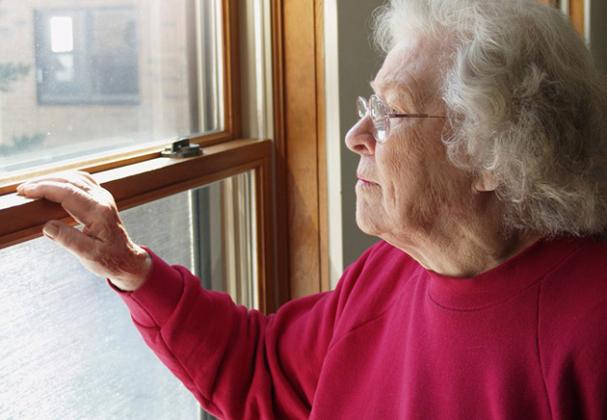
The Legal Assistance Developer Program works together with the Colorado Long-Term Care Ombudsman Program to protect and promote the rights of Colorado’s older adults and to improve their quality of life.
Gina Viola Brown, (gbrown@disabilitylawco.org) joined Disability Law Colorado as the Legal Assistance Developer for the Elderly in July 2021. The program is administered by Disability Law Colorado through the work of the Legal Assistance Developer for the Elderly under a contract with the Colorado Department of Human Services, Division of Aging and Adult Services. It operates in conjunction with the 16 regional Area Agencies on Aging to coordinate services statewide.
How Legal Assistance Providers Can Help
The Legal Assistance Program helps older adults address a variety of legal issues, such as:
- Efforts to save their home from foreclosure and from home repair scams
- Responding to creditor-initiated bank garnishments for unpaid medical bills
- Financial exploitation, including misuse of a power of attorney by a relative or caregiver
- Denials, reductions and terminations of Medicaid and other public benefits
- Preparation of deeds, wills and advance directives
- Guardianships and conservatorships
CLICK HERE for the Colorado Legal Assistance Developer 2021 Annual Report
Area Agencies on Aging
Each of Colorado's 16 Area Agencies on Aging has a legal assistance provider who coordinates free civil legal services for older persons (defined as adults 60 and older) under the Older Americans Act.
Colorado has a total of 22 paid attorneys and numerous pro bono attorneys who provide legal assistance to more than 8,000 older persons each year.
Each Area Agency on Aging establishes the types of legal services that may be provided, based on the needs of their local community. Services are targeted to elders with the greatest economic and/or social need.
CLICK HERE for a PDF of the AAA map and directory.
The Older Americans Act
The overarching goals of the Older Americans Act (OAA) are the protection and enhancement of the autonomy, dignity, financial security, health, and rights of older Americans.
Legal assistance is a critical service in meeting these goals. Vulnerable older persons are less likely to seek the assistance of an attorney, either because he/she cannot afford one or do not realize that he/she has a legal need.
